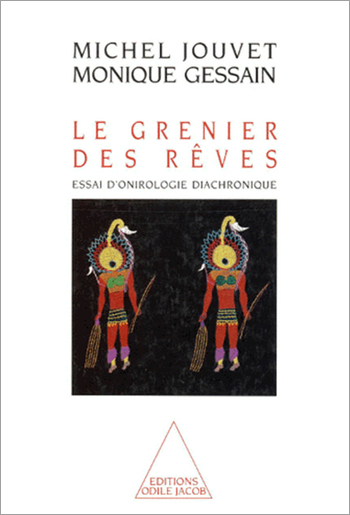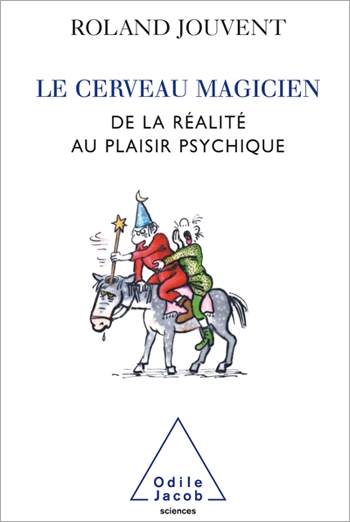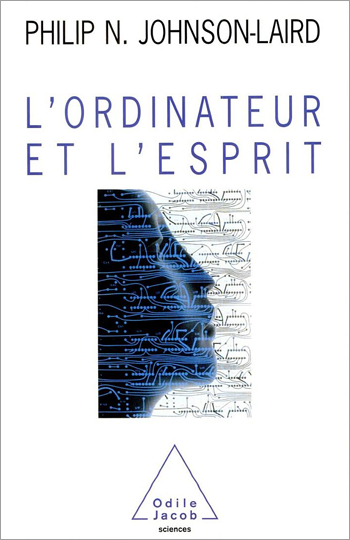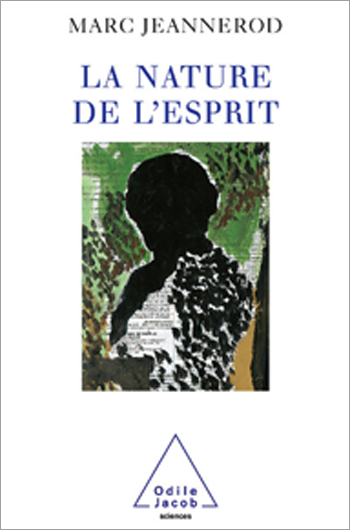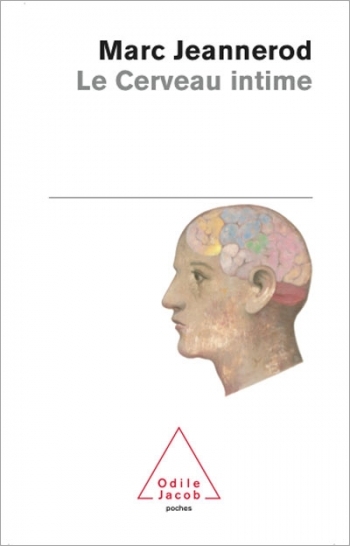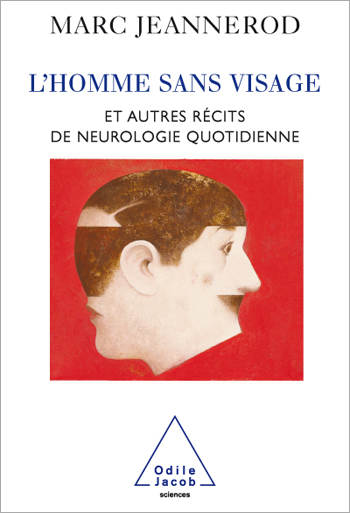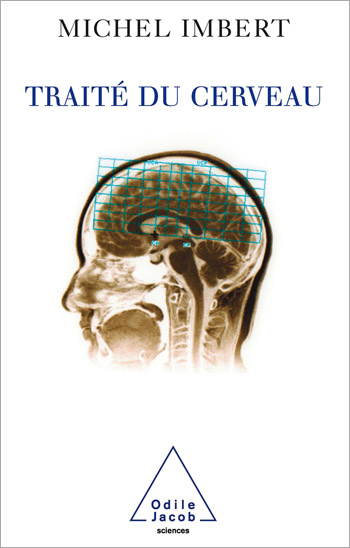Neuroscience All books
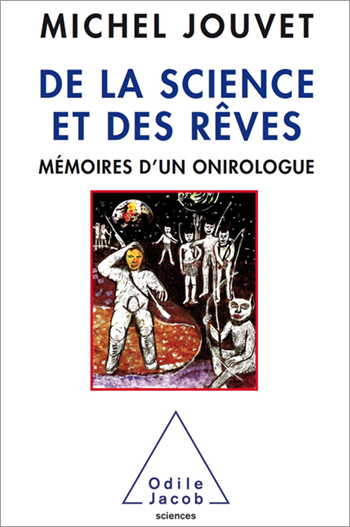
Michel Jouvet
Science and Dreams
The scientist Michel Jouvet recounts his great discoveries and reviews recent research in the science of dreams.
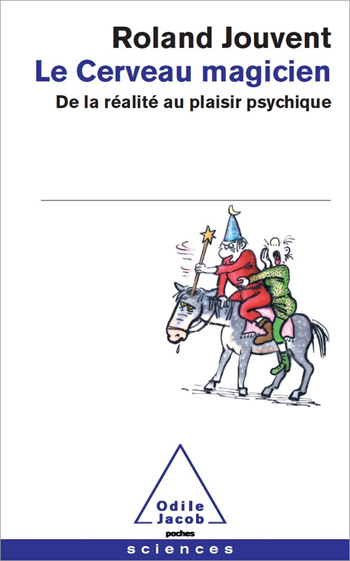
Roland Jouvent
The Brain as Magician
This fascinating, accessible, jargon-free book is illustrated with many clinical examples.
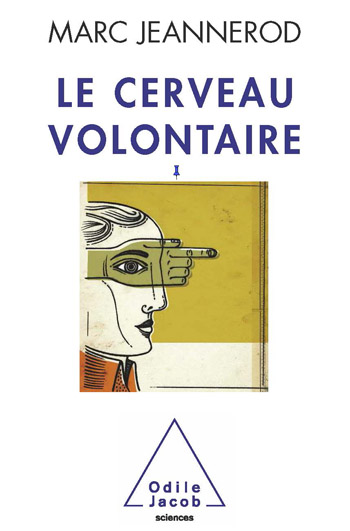
Marc Jeannerod
The Volitional Brain
Volition lies at the heart of human reality. It is the manifestation of our inner self, and plays an active part in the implementation of our intentions, desires and projects...
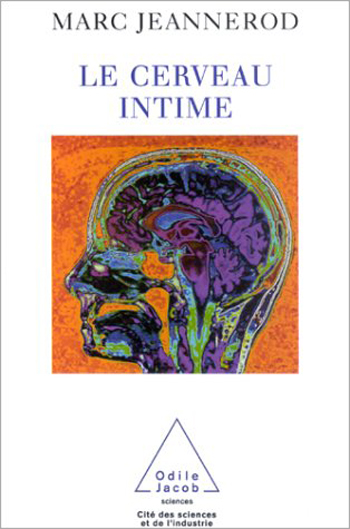
Marc Jeannerod
The Intimate Brain
Today, the brain has ceased to be regarded as existing in isolation in the human body. It is now considered in relation to its sensory, emotional and cultural environment. This book asks the question of what are the mechanisms and chemistry of the emotions? How do emotional states and the consciousness of those states permeate memory and thought? How does depression affect the emotions, and how can it be treated? How is the consciousness of self and of others constructed? Marc Jeannerod teaches physiology at the University Claude-Bernard-Lyon-I, and is the director of the Institute of Cognitive Sciences.
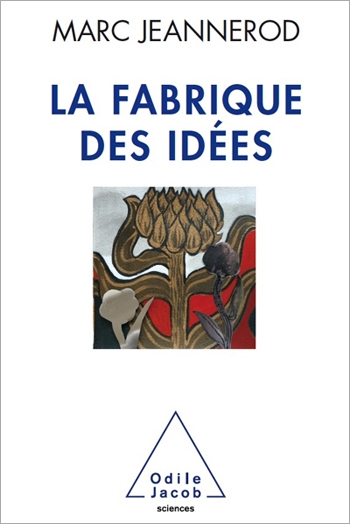
Marc Jeannerod
The Ideas Factory
A backward look over some fifty years offers sufficient distance to evaluate the coherence of a scientific process...
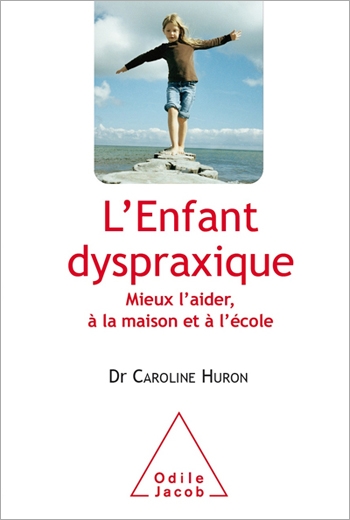
Caroline Huron
Dyspraxia: Motor coordination disorder
How to help children with motor coordination difficulties face their daily tasks
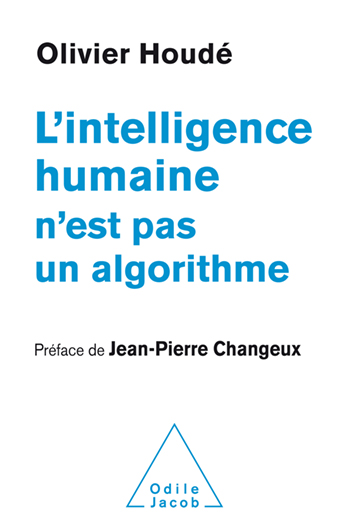
Olivier Houdé
Human Intelligence is Not an Algorithm
An original theory that proposes a new model of intelligence centered on intuition, logic, but also inhibition, indispensable for correcting our cognitive biases.
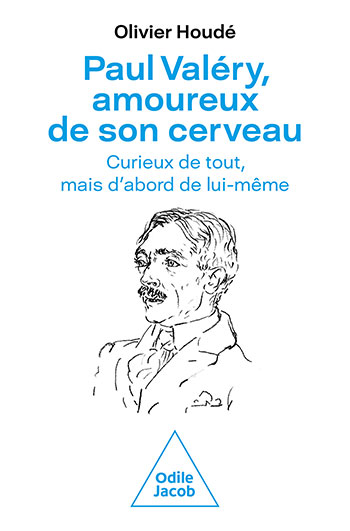
Olivier Houdé
Paul Valéry, In Love with his Brain Curious about everything, especially himself
The work of Valéry seen through the prism of neuroscience today… Fascinating.
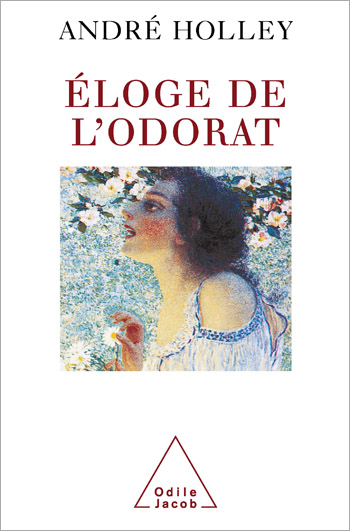
André Holley
In Praise of our Sense of Smell
Disparaged by the great philosophers and even by Darwin, who considered it useless, yet praised by Proust and Baudelaire for the richness of the emotions it inspires, the human sense of smell is generally considered secondary to the other senses. But is it really? André Holley makes a scientific argument for this powerful yet ambiguous sense. He also examines the tendency on the part of our society to deodorise to refuse accept that smells are sometimes bad, on the other hand inventing entirely new smells with the help of chemistry. Researcher at the CNRS, André Holley is a professor of neuroscience at the university Claude-Bernard in Lyon.

